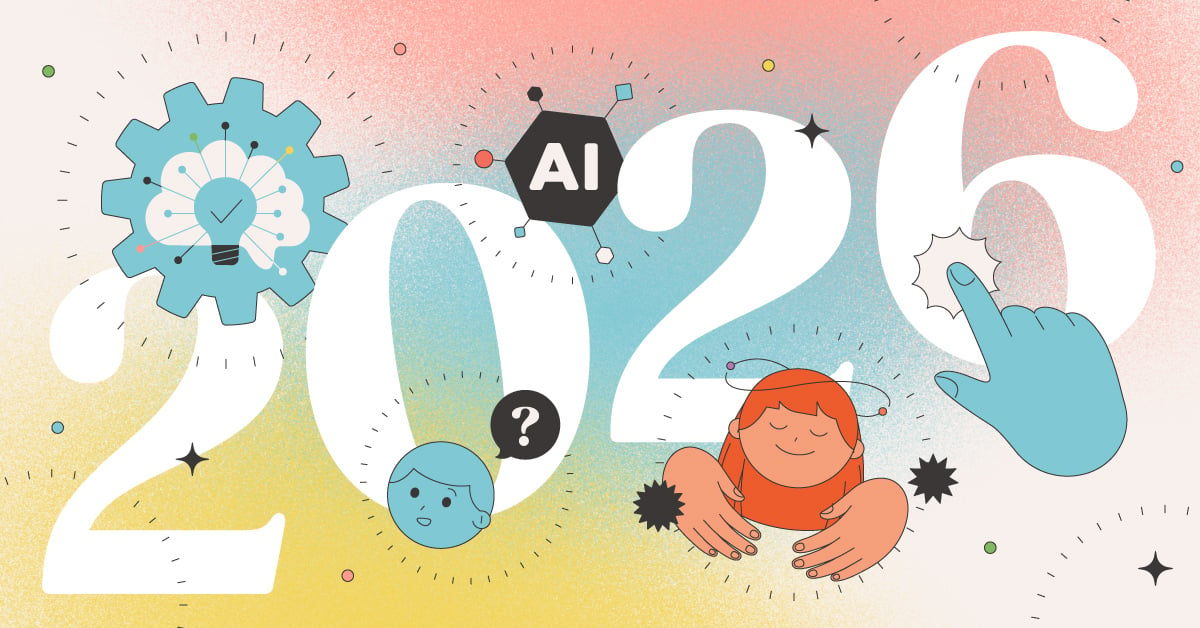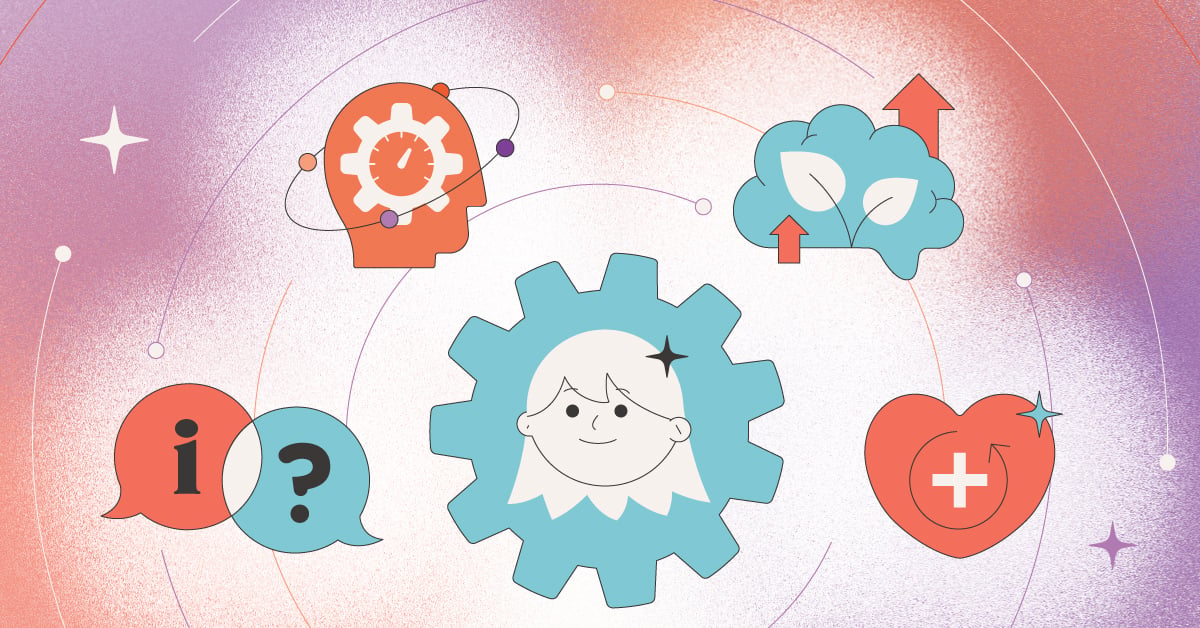
If you want to work on personal development, a great place to start is developing your emotional intelligence (EQ). EQ is hugely influential, and making it a focus in your life can help improve your personal and professional relationships, communication, career, and job satisfaction.
Here are eight ways that EQ can transform your life for the better!
1. Enhance Creativity
A study by the School of Psychology and Cognitive Science and the Institute of General Education found that creativity positively correlates with emotional intelligence.
This connection makes sense: understanding and managing your emotions allows you to tap into a broader range of thoughts and ideas, which leads to creativity. Being creative can take different forms, such as learning an instrument, making art, writing, or brainstorming to imagine possibilities. Any creative activity will benefit from developed EQ and a better understanding of emotion.
2. Develop Greater Resilience
Individuals with high EQ are often more resilient in the face of adversity. They can navigate challenges and setbacks with a more positive outlook and develop effective coping strategies by relying on self-awareness and social regulation.
The National Library of Medicine found that emotional intelligence is “positively correlated with high-engagement regulation processes,” meaning that people who have developed EQ are skilled at positively and actively managing others’ emotions. This skill helps prevent conflict and improve communication.
3. Experience Higher Job Satisfaction
EQ is an especially valuable skill in the workplace, not just for others but for yourself. The Journal of Occupational and Organizational Psychology found that employees with high emotional intelligence often experience greater job satisfaction and have lower intentions of leaving their roles.
EQ helps people manage work-related stress better while building positive relationships with colleagues. Conflicts can be reduced by understanding the emotion behind the issue, which can also help improve communication.
4. Improve Your Insights
As you develop EQ and work to understand yourself better, behavioral assessments can be a powerful tool in the process. The EQ assessment is a perfect addition to your arsenal of understanding. The insights that come from this assessment can increase self-awareness, broadening your knowledge of yourself and the people around you.
“Self-awareness is the cornerstone of emotional intelligence and is foundational for strong leaders,” said Dr. Lisa Aldisert, business advisor and President of Pharos Alliance, Inc.
Brittney Helt, Vice President of Partner Services at TTI Success Insights, added, “EQ is the science that pulls all the rest together and helps set an individual to succeed. When someone has developed EQ, they can better understand and navigate the world (personally and professionally) in a more productive and successful way.”
5. Achieve Better Work-Life Balance
Enhanced emotional awareness can lead to better work-life balance because it helps you develop perspective. When you are more aware of your emotional states and patterns, you can better anticipate your needs at work and at home.
EQ also helps when it comes to setting firm boundaries. When you understand yourself better, you can anticipate areas of stress and plan appropriate separation strategies for work and life.
6. Improve Prioritization and Decision-Making
When you are better balanced as a person, you can make more informed and thoughtful decisions.
“Developed EQ doesn't mean ignoring your emotions when you feel them rising, but instead, it helps you know how to utilize them in a constructive way,” said Carissa Collazo, Research Technician at TTI Success Insights. “By being more mindful and aware of yourself and your responses, you can make well-informed, thoughtful, and measured decisions for the given environment rather than responding impulsively or being reactive."
When considering emotional and rational factors, you can prioritize tasks and goals more effectively.
7. Learn From Your Mistakes
Self-awareness is a crucial component of EQ, letting you recognize and understand your moods, emotions, and drivers. When you are self-aware, you can rationally review missteps and find opportunities within them to improve in the future without dysregulating your emotional state or derailing your productivity.
EQ also aids your ability to understand the perspectives and feelings of others. When your mistake affects other people, empathy helps you grasp the impact of your actions. This understanding can motivate you to make amends and avoid repeating the same mistakes in the future.
8. Enhance Negotiation Skills
Social awareness and social regulation address EQ in terms of other people: how you respond to them, how well you can judge the situations around you, and how you influence relationships and build networks.
One of the benefits of focusing on these parts of EQ is that it improves your ability to negotiate. Understanding the emotions and motivations of the people you interact with leads to more successful and mutually beneficial agreements in both personal and professional settings. In turn, these improved negotiation skills help with conflict management, career advancement, and improved communication.
Transform Your Life with Emotional Intelligence
Developing your emotional intelligence can help you make strides in your personal and professional life and spark a transformation in your understanding of the world around you.
If you’re interested in learning more about EQ and want to take an assessment, we’re here to help! Contact us here to get started.



